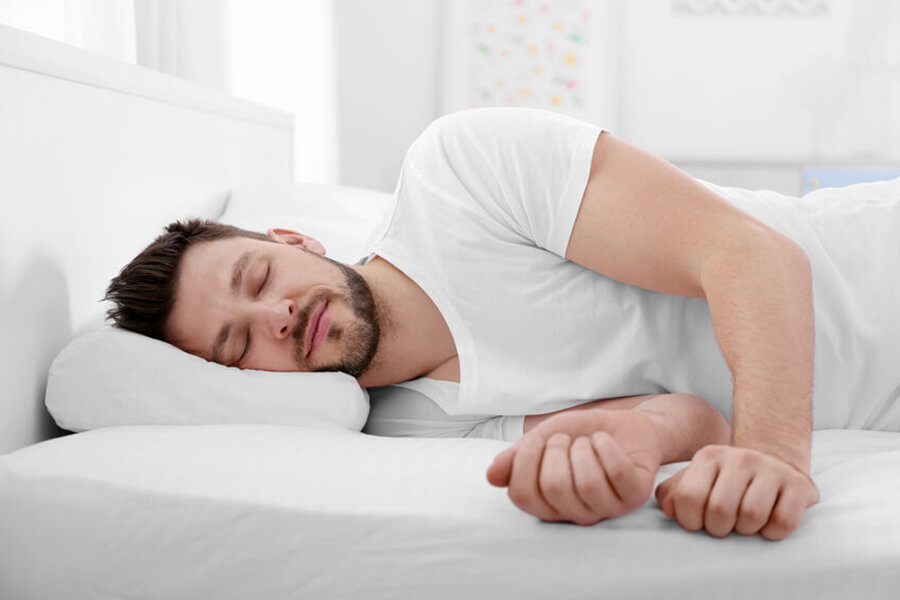Sleep deprivation is a public health pandemic, affecting more than 45% of the global population. In order to truly enjoy your daytime activities, it is important to increase your sleep during the nighttime.
Why You Need Sleep
Sleep is one of the key ingredients to a longer, healthier life, and when combined with diet and exercise, can lead to quality sleep hygiene.
There are many ways in which to train your brain to fall asleep and reach REM stage.
The Key Components to a Good Night’s Sleep
Aside from sleeping at ideal temperatures between 60 to 67 degrees Fahrenheit, the following are a few tips to get a better night’s sleep.
1. Developing a good bedtime routine.
Having a ritual each night with a shower or reading a book, yoga, or light stretching.
2. Turning the lights down or off.
Research studies have shown that the body will slow production of melatonin if exposed to light, so options include light-blocking shades or eye masks.
3. Reducing sound.
During the evening, turn off all smartphone and work alerts, with the charge station outside your bedroom to reduce sudden noises during the night.
4. No caffeine in the afternoon.
Stop consuming caffeinated drinks at least six hours before bedtime so that applies to some teas and sodas, as well as chocolate.
5. Eliminate the booze.
Alcohol may help you fall asleep, but it rarely provides REM stage sleep. Your body needs to experience all three stages to fully repair and restore itself.
6. Avoid spicy or heavy foods.
Spicy and heavy foods may cause heartburn and thus affect your ability to get adequate sleep. Studies show sugar is linked to disturbed sleep.
7. Respect Your Bedroom.
Where you sleep should be treated as a sacred spot and the primary location for sleep hygiene.
As we age, we need varying amounts of sleep on average. Adults need to sleep about seven hours a night for optimal sleep hygiene.

